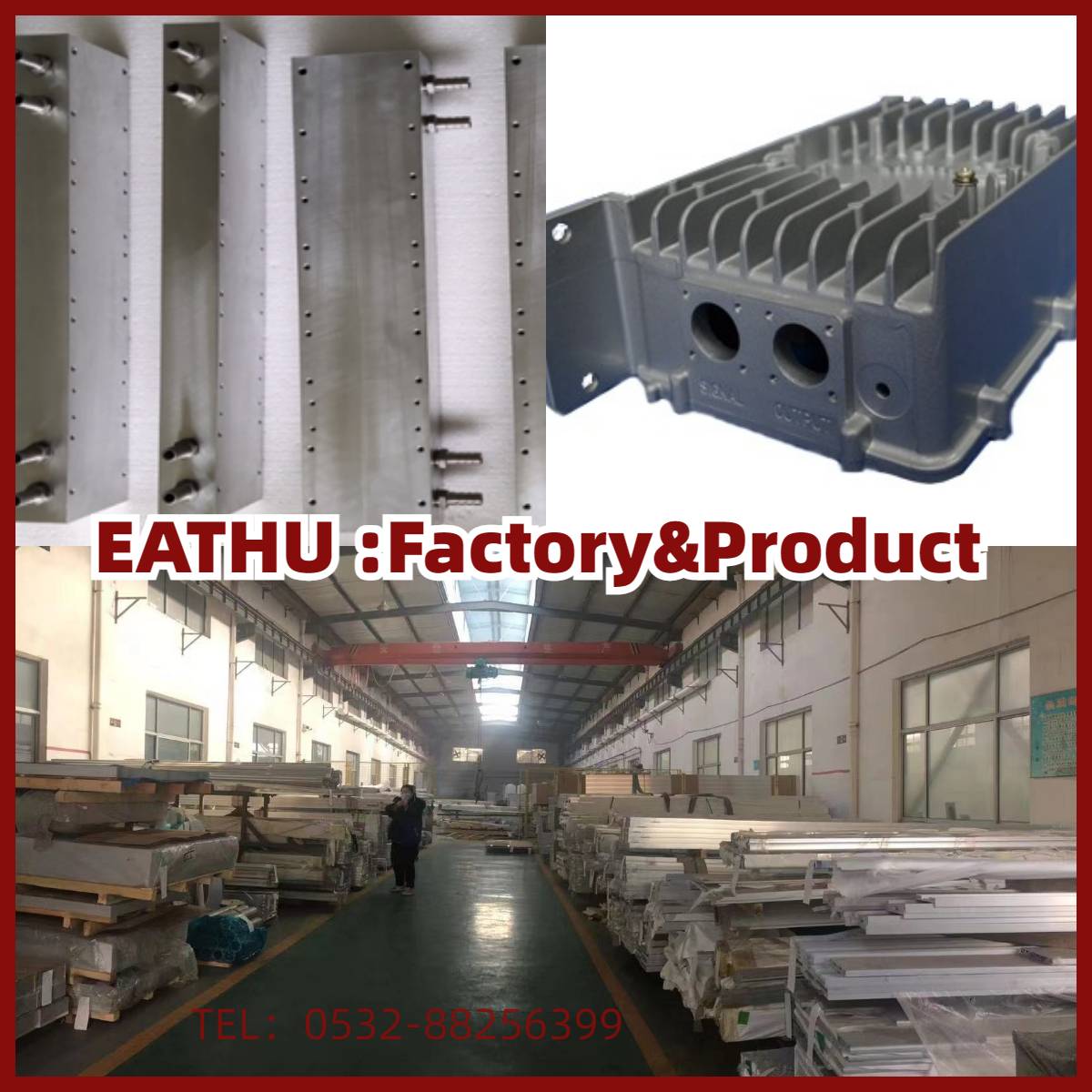The Key Elements of an Effective Aluminum Alloy Casting Process
The Key Elements of an Effective Aluminum Alloy Casting Process
Aluminum alloy castings are widely used in various industrial processes, offering excellent physical and mechanical properties as well as good processing capabilities. They find extensive applications in manufacturing sectors such as aerospace, automotive, electronics, and machinery. To produce high-quality aluminum alloy castings, a well-designed production process is essential, comprising several key elements. This article will discuss the crucial factors involved in developing an effective production plan for aluminum alloy castings.
1. Material Selection:
Aluminum alloys come in various types, each with distinct manufacturing processes and physical properties. Based on the desired casting structure and performance characteristics, it is important to choose the most suitable aluminum alloy material. Commonly used aluminum alloy materials include ADC12, A383, and A360.
2. Mold Design:
The mold is a fundamental tool in the production of aluminum alloy castings, and its design directly influences critical factors such as shape, size, and performance of the castings. When designing the mold, consideration should be given to aspects such as overall casting structure, wall thickness, processing complexity, and surface finish. Additionally, the choice of mold material should take into account factors such as mold lifespan, processing complexity, and cost.
3. Casting Process:
Casting is the core process in the production of aluminum alloy castings. Traditional casting processes for aluminum alloys include low-pressure casting, gravity casting, and high-pressure casting. Each process has unique characteristics and applicable ranges. Gravity casting, specifically sand casting and metal casting methods, is the most widely used process. When selecting a casting process, factors such as production capacity and efficiency should be taken into consideration.
4. Surface Treatment:
Surface treatment plays a vital role in ensuring the longevity and safety of aluminum alloy castings. Various methods like polishing, electroplating, spraying, and oxidation are available for surface treatment. The selection of surface treatment methods should consider the casting's function and environmental factors.
5. Quality Inspection:
Quality inspection is a crucial step in the production of aluminum alloy castings. It involves examining multiple aspects such as dimensional accuracy, wall thickness, surface finish, and physical properties. Each aspect of the casting should undergo stringent inspection to ensure its quality meets the design requirements and usage standards.


